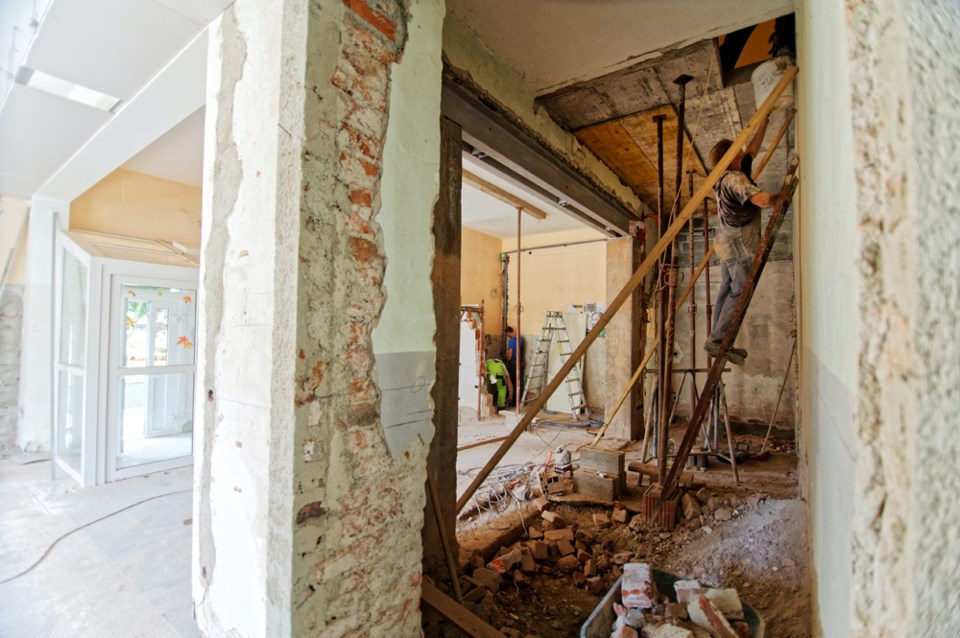Rather than selling and moving, owners of single-detached properties are increasingly staying put and renovating their current homes, contributing to higher values, according to a new report by real estate franchisor RE/MAX Canada.
The national report contends that “the single-detached home is quickly becoming a unicorn,” using investing terminology for an asset that is highly desirable but difficult to find or obtain.
RE/MAX said from 2019 to 2023, the national increase in renovation spending, including additions, alterations, upgrades and equipment, approached an estimated $300 billion, an eight-per-cent increase over the previous five-year period. The report cited residential renovation expenditure figures compiled by IBISWorld and based on Statistics Canada data.
“With everything from aging-in-place to frustrations of low inventory, we noticed that more consumers decided to renovate,” said Tim Hill, real estate advisor with RE/MAX. “By adding a floor, bedroom, bathroom or basement level, we saw more people thinking outside the box and asking themselves, ‘How can we stay in this home and still have our lives going forward?’”
Hill noted that rising transaction costs, such as moving expenses, legal fees, real estate fees and property transfer taxes, have also played a part in deterring owners from selling their current homes and moving into new ones.
The report said renovation spending has helped result in a higher average value for detached homes, which increased by 37.9 per cent in Metro Vancouver from $1,423,500 in December 2019 to $1,964,400 in December 2023.
Hill said it’s too soon to tell what impact the B.C. government’s new zoning changes will have on future renovation spending. Last year, the NDP government announced legislation enabling more small-scale, multi-unit housing on single lots, especially near transit hubs.
“I’m very interested to see how well this blanket zoning takes off,” said Hill.
He said some in the industry were “very skittish” when the NDP plan was announced, because there are risks to builders with consumer appetite being uncertain. “It’s not a proven model if you’re building to sell,” he said. “The project could fall flat on its face.”
Hill continued: “I think it needs to prove itself as a concept. I think it’s a great idea, a great foundation, but the question is, do the developers that are redeveloping these neighbourhoods adopt this concept or not? The government isn’t building the homes. Developers are building the homes and they have a say in what they bring to market.”
Still, the RE/MAX report concluded that single-family homes in Vancouver are increasingly being renovated to modern standards, whether to increase their owners’ enjoyment or achieve greater density and profit. This is showing up in higher median prices and a slower transfer of homes being sold off.
“The big thing,” said Hill, “is that more people than ever are putting money into their homes to get what they want out of them.”




